![]()
![]()
![]()
Use LEFT and RIGHT arrow keys to navigate between flashcards;
Use UP and DOWN arrow keys to flip the card;
H to show hint;
A reads text to speech;
40 Cards in this Set
- Front
- Back
- 3rd side (hint)
|
Articles of Confederation |
first failed government before the Constitution |

|
|
|
ratification
|
confirmation or confirmng
|

|
|
|
levy
|
imposing a tax on something
|

|
|
|
Founders (or Framers)
|
People who discovered something new
|

|
|
|
Virginia Plan
|
Called for a strong government but its powers were divided into three branches
|
|
|
|
New Jersey Plan
|
Called for a single house legislature in which each state had an equal vote
|
|
|
|
Great Compromise
|
Congress made up of the senate and house of representatives
|
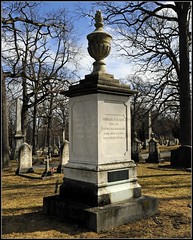
|
|
|
Three-Fifths Compromise
|
North and south argued if the slaves in the south should count towards the population
|
|
|
|
Executive Branch
|
Presidant enforces the laws written by congress
|

|
|
|
Judicial Branch
|
They have the abilty to change laws with process of judicial review
|

|
|
|
Legislative Branch
|
They make the laws
|
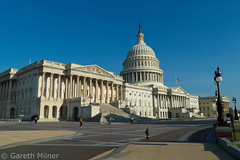
|
|
|
Checks & Balances
|
A different type of currency
|
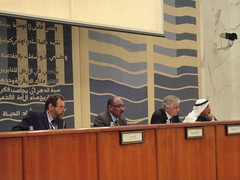
|
|
|
Antifederalists
|
Thought that the government would become a monarchy and urged a bill of rights
|

|
|
|
Federalists
|
They thought that the government was good but yet also wanted a bill of rights
|

|
|
|
Federalism
|
When a political group is bound together by a covenant
|

|
|
|
majority rule
|
When the majority of a vote or something wins
|
|
|
|
amendment
|
A formal or official change to a law
|

|
|
|
Bill of Rights
|
Document written that tells the rights of the american people
|

|
|
|
House of Representatives
|
People that serve a two year term telling evreyone the rights that they have
|
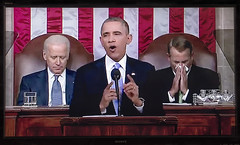
|
|
|
Senate
|
smaller upper assembly in the U.S. congress
|

|
|
|
Congress
|
legislature of the federal government of the United States consisting of two houses: the Senate and the House of Representatives
|

|
|
|
Popular Sovereignty
|
the principle that the authority of the government is created and sustained by the consent of its people, through their elected representatives
|

|
|
|
Republicanism
|
the ideology of governing a society or state as a republic where the head of state is a representative of the people who hold popular sovereignty rather than the people being subjects of the head of state
|

|
|
|
separation of powers
|
putting the legislative, executive, and judicial powers of government in separate bodies.
|
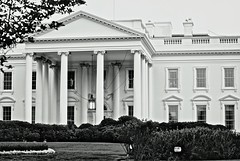
|
|
|
limited government
|
the power of government to intervene in the exercise of civil liberties is restricted by law, usually in a written constitution
|

|
|
|
bicameralism
|
is a political arrange- ment in which the legislative branch of government is divided into two separate houses, each with a distinct leadership, membership, and terms of office
|

|
|
|
judicial review
|
is the idea, fundamental to the US system of government, that the actions of the executive and legislative branches of government are subject to reviewand possible invalidation by the judicial branch
|
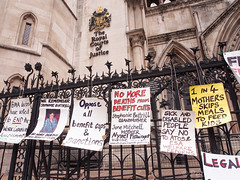
|
|
|
impeachment
|
is a formal process in which an official is accused of unlawful activity, the outcome of which, depending on the country, may include the removal of that official from office as well as criminal or civil punishment
|

|
|
|
quorum
|
the minimum number of members of an assembly or society that must be present at any of its meetings to make the proceedings of that meeting valid
|

|
|
|
revenue
|
income, especially when of a company or organization and of a substantial nature
|

|
|
|
veto
|
a constitutional right to reject a decision or proposal made by a law-making body
|

|
|
|
naturalization
|
is the process by which U.S. citizenship is granted to a foreign citizen or national after he or she fulfills the requirements established by Congress in the Immigration and Nationality Act
|

|
|
|
elastic clause
|
granting Congress the power to pass all laws necessary and proper for carrying out the enumerated list of powers
|
|
|
|
natural born citizen
|
Status as a natural-born citizen of the United States is one of the eligibility requirements established in the United States Constitution for election to the office of President or Vice President. This requirement was intended to protect the nation from foreign influence |
|
|
|
electoral college
|
a body of people representing the states of the US, who formally cast votes for the election of the president and vice president
|
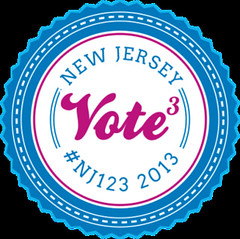
|
|
|
Supreme Court
|
the highest judicial court in a country or state
|
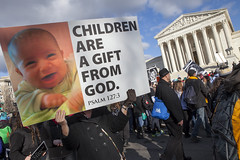
|
|
|
suffrage
|
the right to vote in political elections
|

|
|
|
due process of law
|
fair treatment through the normal judicial system, especially as a citizen's entitlement
|

|
|
|
bail
|
the temporary release of an accused person awaiting trial, sometimes on condition that a sum of money be lodged to guarantee their appearance in court
|

|
|
|
Constitution
|
a body of fundamental principles or established precedents according to which a state or other organization is acknowledged to be governed.
|

|

